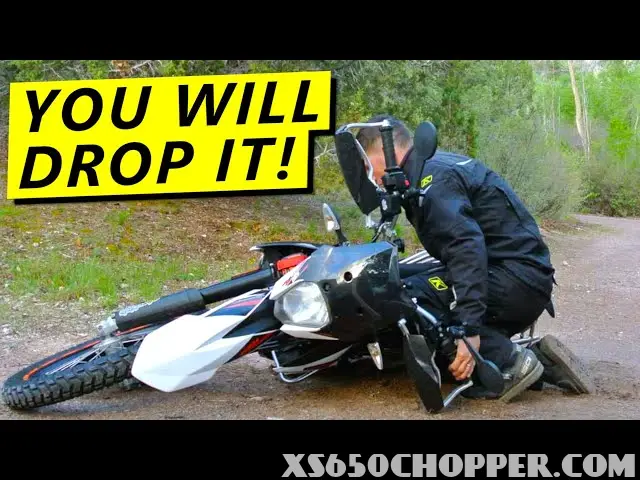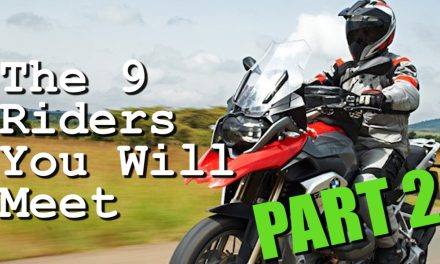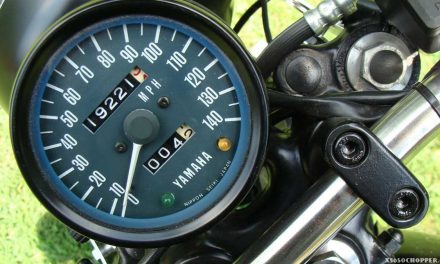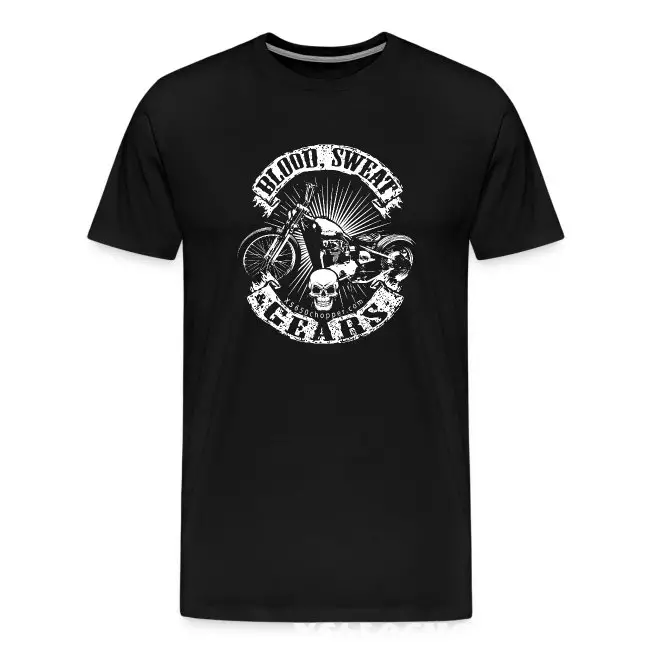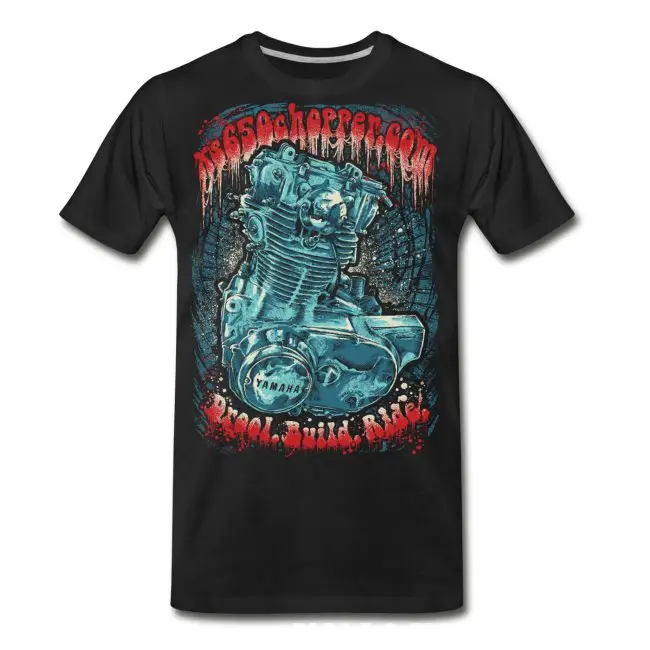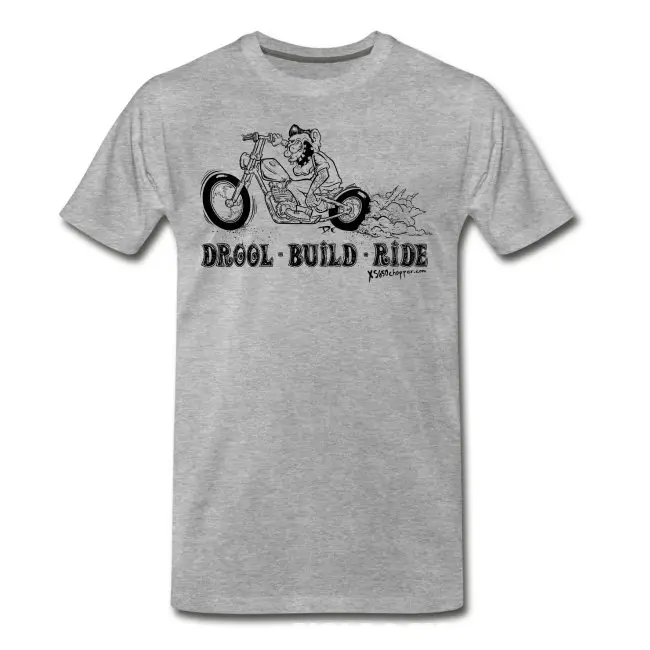Embarking on the journey to learn how to ride a motorcycle is an exciting milestone, filled with anticipation and the thrill of the open road ahead. However, before you jump onto that first bike and rev up the engine, there are some crucial things to consider. In this article, we’ll explore “7 Things To Know Before Learning To Ride a Motorcycle,” ensuring you’re well-prepared for what lies ahead.
This listicle is inspired by the video at bottom of the article that dives into the realities of becoming a motorcyclist, debunking common misconceptions and providing valuable insights. If you’re serious about riding, be sure to watch the full video for an in-depth understanding of what it truly means to join the two-wheeled world.
1. The MSF Course Is Just The Beginning
The Motorcycle Safety Foundation (MSF) course is a fantastic starting point for any aspiring rider, but it’s important to recognize that it won’t teach you everything. The course is designed to introduce you to the basics of motorcycle operation and safety, but there’s a whole world of learning that happens outside the classroom and the controlled environment of the parking lot. From mastering hill starts to handling real-world traffic, your education truly begins when you hit the road.
Remember, passing your MSF course with flying colors doesn’t mean you’re now an expert rider. It’s the first step in a lifelong journey of learning and skill development. Be patient with yourself, and don’t be afraid to seek out additional training or mentorship as you gain experience.
2. You Will Drop Your Motorcycle
It’s an almost universal experience among motorcyclists: at some point, you’re going to drop your bike. Whether it’s during a slow-speed maneuver or an unexpected stop, it happens to the best of riders. The key is not to let this inevitability discourage you. Instead, prepare for it. Invest in protective gear for your bike, like frame sliders and case covers, to minimize damage when these incidents occur.
Dropping your bike doesn’t have to be a disaster. Most of the time, the damage is superficial and can be fixed with replacement parts or a little touch-up paint. Understand that it’s part of the learning process and an opportunity to become more familiar with your motorcycle’s limits and your own.
3. Gear Is Not Forever
Your motorcycle gear is your first line of defense against the elements and the asphalt, and just like any other piece of equipment, it has a lifespan. Gloves wear out, jackets fade, and helmets need to be replaced every few years to ensure they provide adequate protection. It’s essential to view gear as a consumable, albeit a critical one for your safety.
Don’t skimp on quality to save money; good gear is worth the investment. Expect to spend a significant amount upfront for a full set, and budget for replacements and upgrades over time. If you’re involved in an accident, many insurance policies will cover the cost of replacing your damaged gear, so always prioritize safety over saving a few bucks.
4. Your First Motorcycle Won’t Be Your Last
It’s a rare occurrence for a rider to keep their first motorcycle forever. As you grow and evolve as a rider, your preferences and needs will change. You might start with a small displacement bike and eventually crave more power, or you might switch from sportbikes to cruisers as your riding style changes. The point is, don’t get too attached to the idea of one “perfect” bike.
Motorcycles are, for many riders, a rotating collection of experiences. Each bike teaches you something new and brings its own set of adventures. Be open to the idea of owning different motorcycles throughout your life—it’s part of the fun!
5. Riding Isn’t Always A Social Icebreaker
While riding a motorcycle can be a conversation starter, the reality is that most people, including other riders, might not be as interested in your bike as you’d hope. Sure, you’ll get the occasional nod or wave on the road, but don’t expect your two-wheeled transport to be a magnet for social interactions everywhere you go.
If you’re riding for the social aspect, that’s great, but just be aware that the community isn’t always as interactive as you might think. The exceptions are motorcycle meetups, rides, and events where enthusiasts gather specifically to talk bikes and riding.
6. Most Motorcycle Crashes Are Solo Incidents
A sobering fact about motorcycling is that most crashes involve only the rider. Often, these accidents are due to rider error, such as misjudging a corner or riding beyond one’s abilities. It’s crucial to remember that on the road, unlike a racetrack, there are no runoff areas or safety nets. Riding within your limits and obeying traffic laws is the best way to avoid becoming a statistic.
Always ride your own ride. Don’t try to keep up with more experienced riders or push yourself too hard too soon. The majority of motorcycle accidents are preventable, so always prioritize your safety and the safety of others on the road.
7. Motorcycles Complement, Not Replace, Cars
One common misconception is that a motorcycle can completely replace a car. While bikes offer an exhilarating form of transportation, they come with limitations. Grocery runs, inclement weather, and certain social situations are just a few examples where having a car is more practical.
Think of your motorcycle as an addition to your transportation options, not a replacement. There will be days when riding isn’t the best choice, whether due to weather, mood, or logistics. Having a car as a backup ensures you’re prepared for all situations.
Conclusion
Learning to ride a motorcycle is a journey filled with excitement, challenges, and continuous growth. By understanding these seven key points, you’ll be better prepared to start your riding adventure with realistic expectations and a solid foundation of knowledge. Remember, the original video offers even more insights, so be sure to give it a watch as you gear up for the ride of your life:

